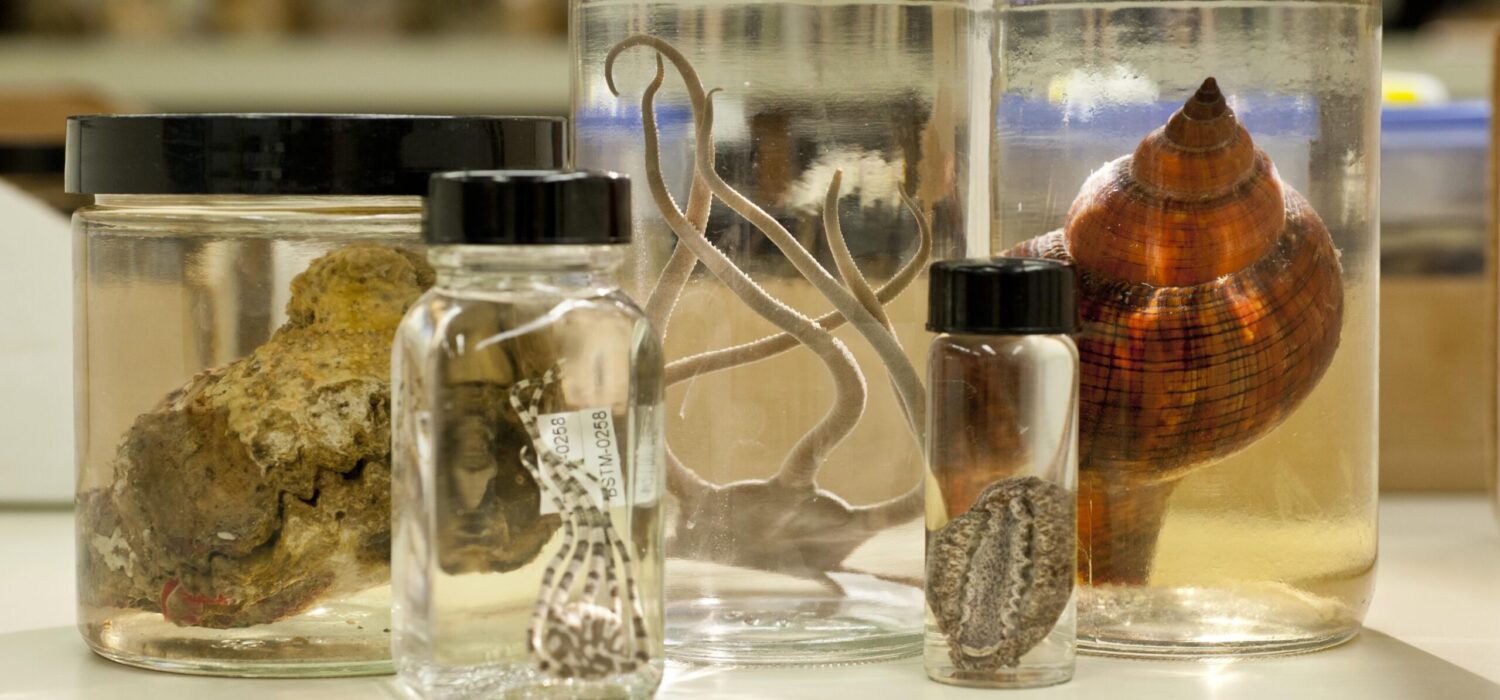Costa Rican Collections Turned Over to Government
INBio, Costa Rica’s National Biodiversity Institute, has surrendered 3.5 million biological specimens to the nation’s government as a result of financial difficulties. According to some news accounts, INBio’s current annual budget is nearly a million dollars short of what is needed to maintain the collections and facilities. INBio gained international prominence in the 1990s as […]

